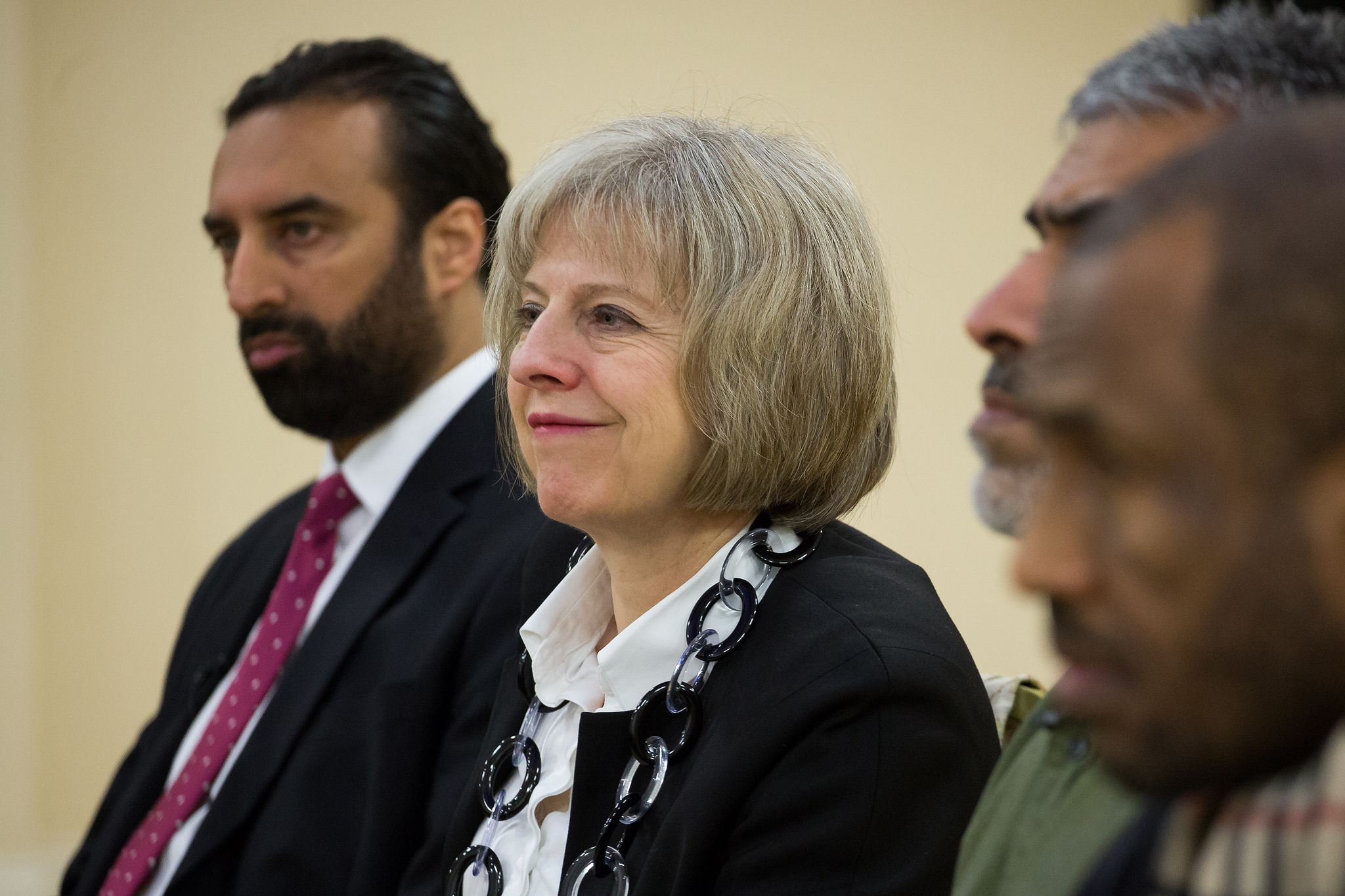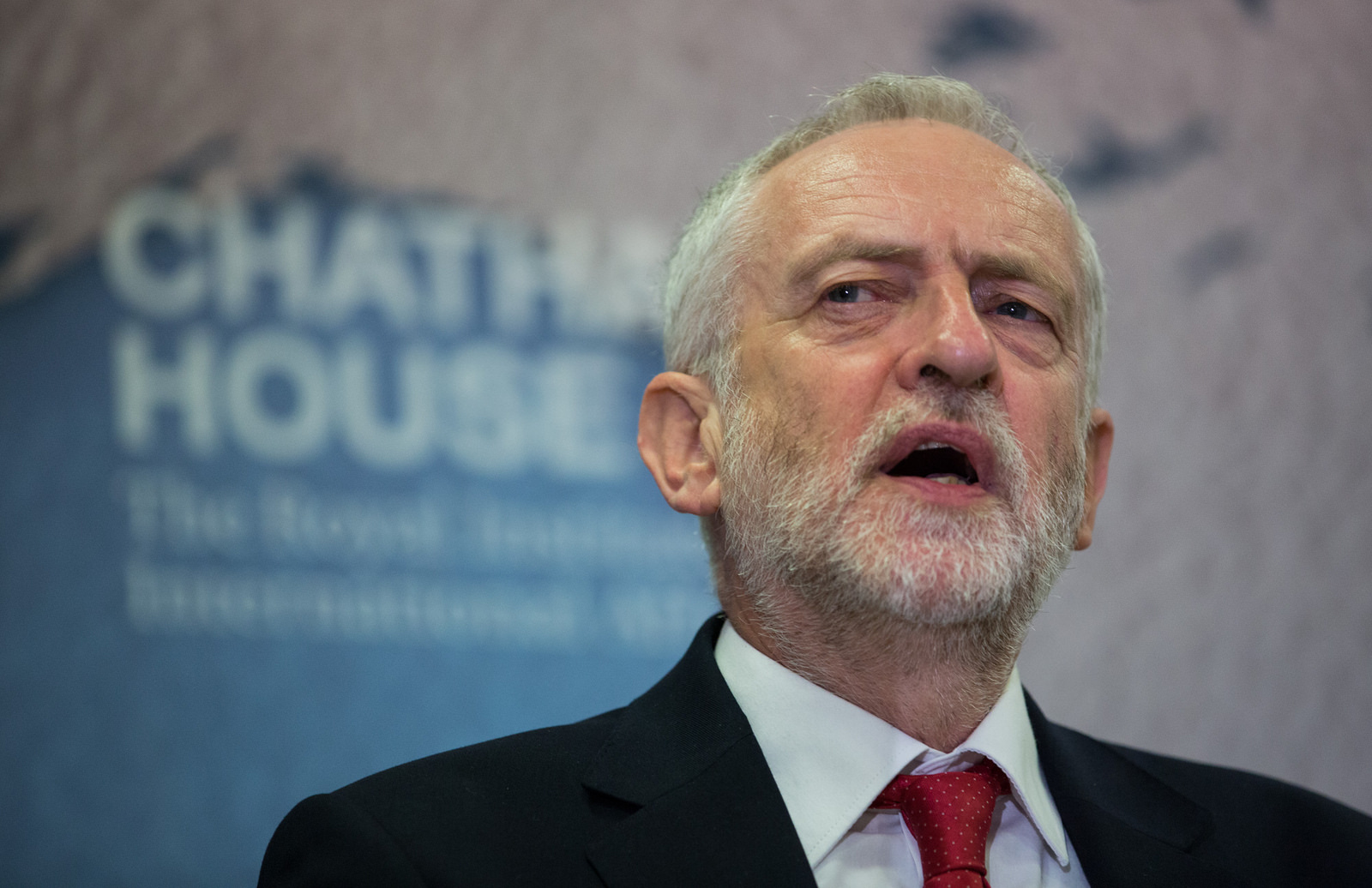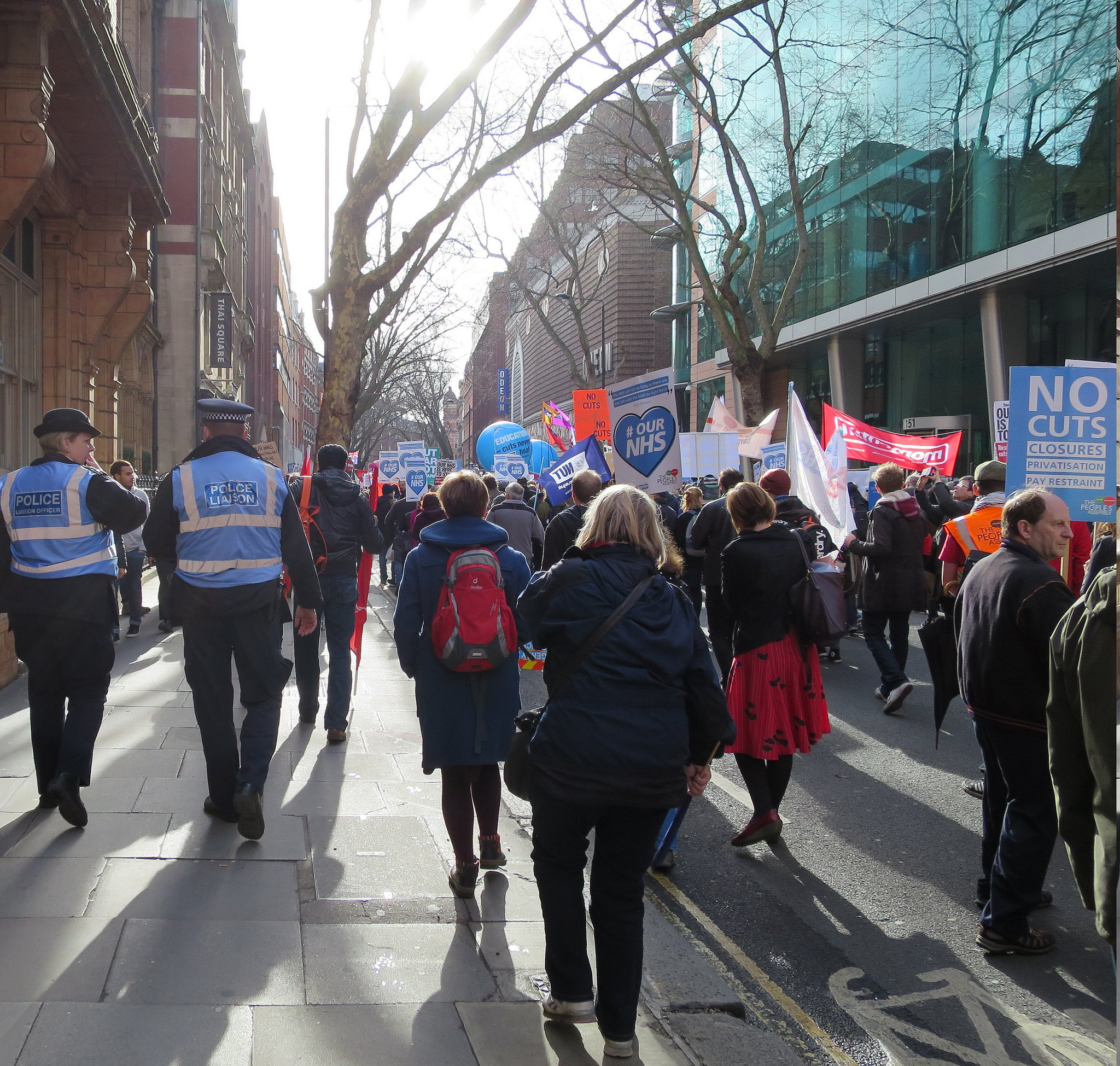Exit Polls Show a Shocking Twist in the U.K. Election

By:
In what's being called a massive shock, British exit polls are showing the U.K.'s elections may result in a "hung parliament," meaning no single party has a majority hold on the government. The official results are not yet in.
British newspapers are already describing this outcome as a significant failed gamble by Prime Minister and Conservative Party leader Theresa May, who called for the early election to strengthen her party's hold on parliament.
The election was a face-off between May and Labour Leader Jeremy Corbyn. May came to prominence in 2016 after former Prime Minister David Cameron stepped down following the national "Brexit" referendum, through which U.K. residents voted to leave the European Union. Corbyn represents the far left wing of British politics, and has been dubbed by several publications the "British Bernie Sanders."
May was granted her request for an early, or "snap," election in April. Through the snap election process, the leader of the ruling party can call for the fresh elections in all 650 of the U.K. constituencies, if two-thirds of parliament approve.
 Flickr - flickr.com
Flickr - flickr.com
Despite having repeatedly promised she wouldn’t call for the early elections, May took the about face in April in an effort to expand her conservative party’s majority. Given that the conservatives held only a narrow majority in the parliament, May hoped the elections would add to the parties numbers and strengthen its bargaining power in the contentious Brexit negotiations.
May's plan was to capitalize on what was perceived as a weakened Labour Party, which has been led by far-left politician Jeremy Corbyn since September 2015. Corbyn had faced criticism from within his own party, with some members arguing that he didn't not vigorously enough oppose the 2016 Brexit referendum. However, Corbyn withstood a challenge by Labour Party member Owen Smith during a leadership contest held in September of 2016, and gradually increased his share of party supporters.
 Flickr - flickr.com
Flickr - flickr.com
There are stark differences between Corbyn and May, including the handling of Brexit, spending on the National Health Services (NHS) system, and national security clearly showing the divide.
For example, Corbyn had promised to commit £37 billion in news spending on the NHS, while May offered a far conservative spending outlay of £8 billion, some of which includes money already committed to the system. Corbyn, in turn, has been faced criticism for funding his plan through a tax increase that is considered too severe by wealthier constituents, while May has taken heat for failing to address the critical funding needs of the U.K.'s health system.
 Flickr - flickr.com
Flickr - flickr.com
The candidates had also taken drastically different approaches to recent terrorist attacks in London and Manchester. In the wake of those attacks, May has pledged to change human rights laws if they are deemed an obstacle to pursuing terrorist attacks. Corbyn, meanwhile, has turned the blame on May for her role as Home Office Secretary, during which time she oversaw deep cuts to public safety sector jobs.
May's perceived closeness to U.S. President Donald Trump was seen as an impediment to the Conservative campaign, especially in light of Trump's widely condemned criticism of London Mayor Sadiq Kahn after a terrorist attack in his city.
"If she had come out straight away and blasted Trump’s tweets, she would have risked a rupture with the White House," wrote John Cassidy in The New Yorker on June 6th. "But, despite this, she would have had the support of Britain’s foreign-policy establishment, the members of which are almost all aghast at the U.S. President."
